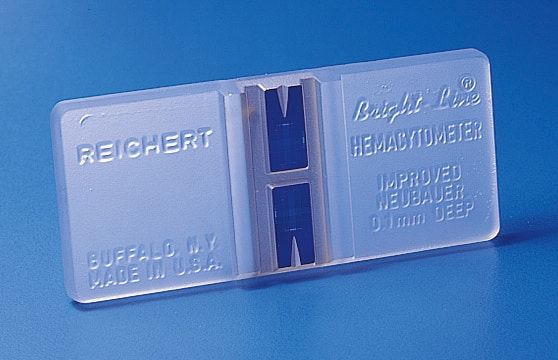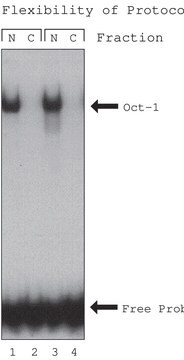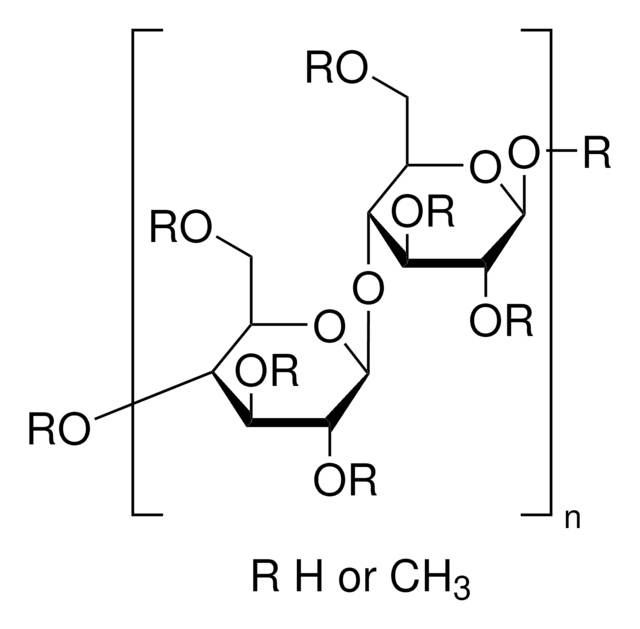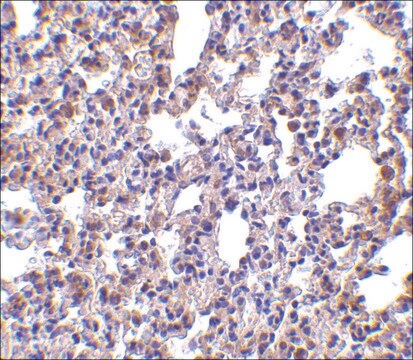P0608
Anti-Potassium Channel SK3 (KCa3, Kcnn3, SKCa3) antibody produced in rabbit
affinity isolated antibody, lyophilized powder
Sinónimos:
Anti-KCa2.3, Anti-SK3, Anti-SKCA3, Anti-ZLS3, Anti-hSK3
About This Item
Productos recomendados
biological source
rabbit
Quality Level
conjugate
unconjugated
antibody form
affinity isolated antibody
antibody product type
primary antibodies
clone
polyclonal
form
lyophilized powder
species reactivity
rat, human
technique(s)
western blot (chemiluminescent): 1:200 using rat brain membranes
UniProt accession no.
storage temp.
−20°C
target post-translational modification
unmodified
Gene Information
human ... KCNN3(3782)
rat ... Kcnn3(54263)
General description
Immunogen
Application
Biochem/physiol Actions
Physical form
Disclaimer
¿No encuentra el producto adecuado?
Pruebe nuestro Herramienta de selección de productos.
Storage Class
11 - Combustible Solids
wgk_germany
WGK 2
Elija entre una de las versiones más recientes:
¿Ya tiene este producto?
Encuentre la documentación para los productos que ha comprado recientemente en la Biblioteca de documentos.
Nuestro equipo de científicos tiene experiencia en todas las áreas de investigación: Ciencias de la vida, Ciencia de los materiales, Síntesis química, Cromatografía, Analítica y muchas otras.
Póngase en contacto con el Servicio técnico








